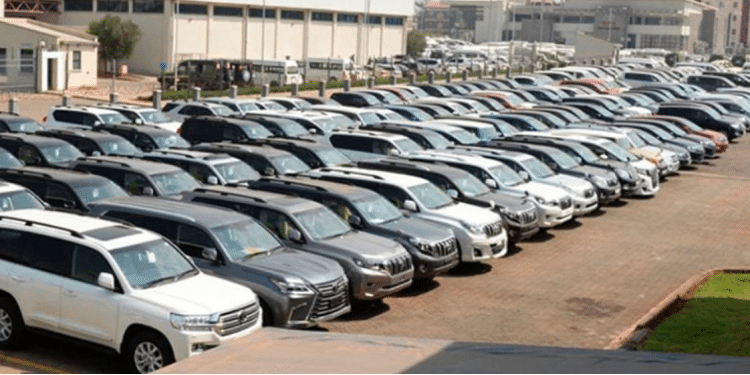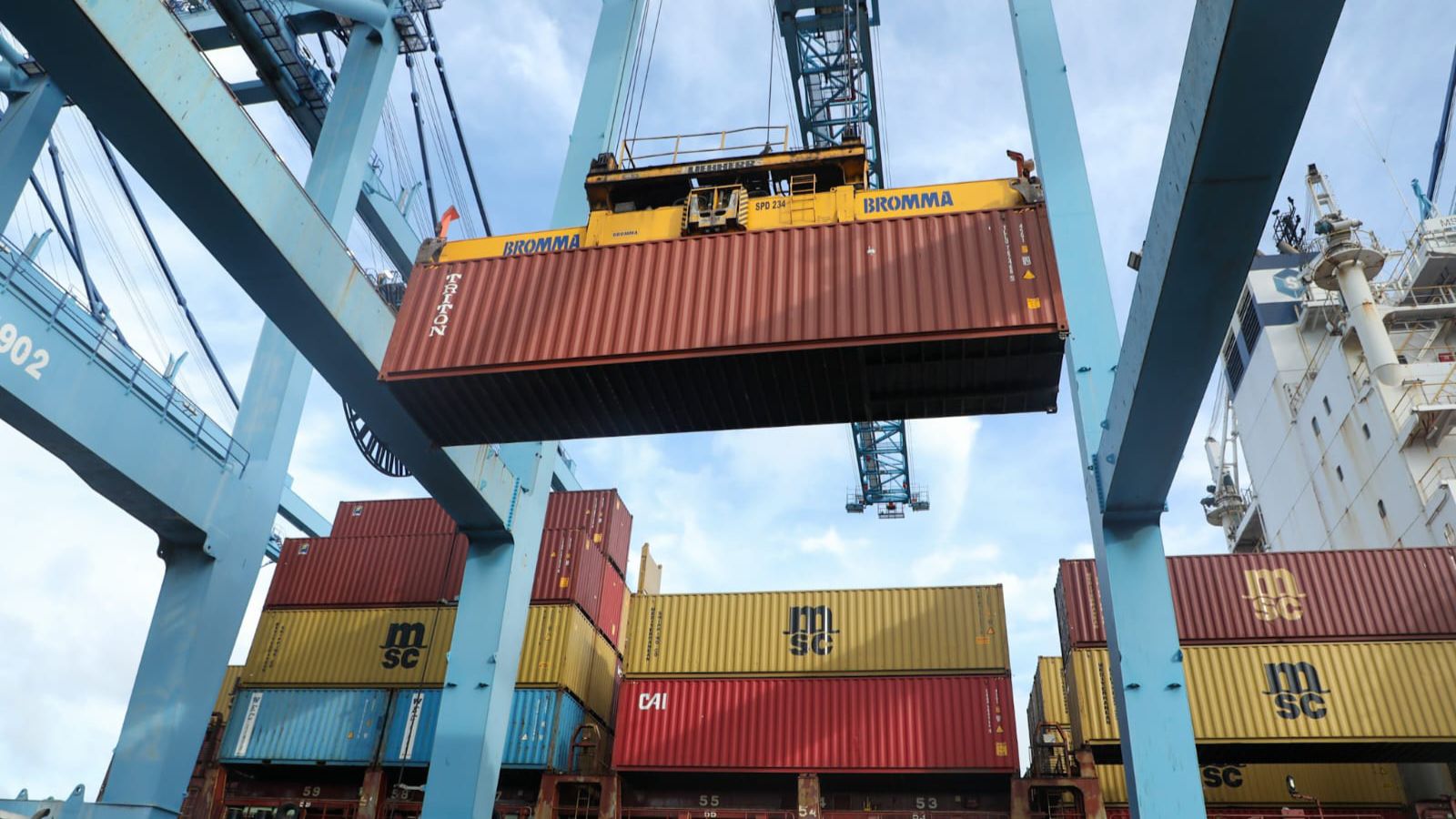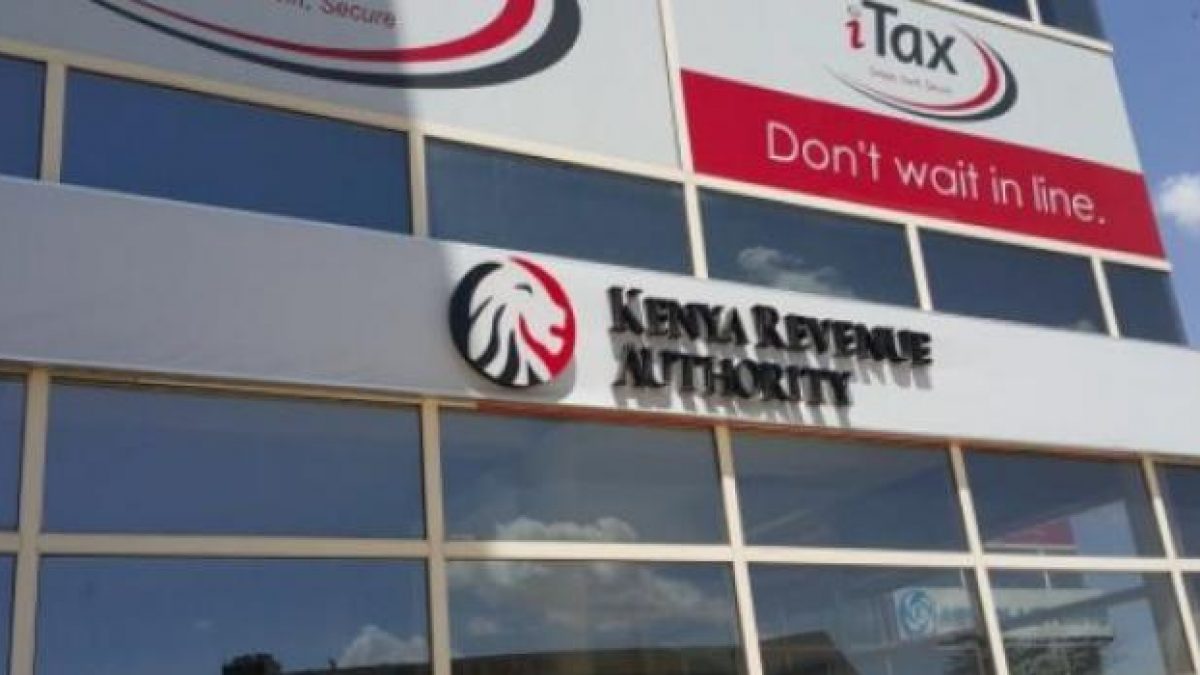World Bank has proposed the introduction of a carbon tax in Kenya to boost revenue generation for the government.
As proposed in the Public Finance Review 2025, which was published on Wednesday, May 27, the financial institution proposed the imposition of a carbon tax on fuel products.
World Bank explained that the new revenue measure would be better suited than taxation on vehicles, as was proposed in the Finance Bill 2024 through the Motor Vehicle Circulation Tax.
Notably, a carbon tax is one of the proposals that the government has been considering in the Medium-Term Revenue Strategy.

Read More
"Rather than implement vehicle taxation, taxing fuels at the point of entry into the country would also attain its intended objectives and could be adjusted to Kenya’s current implementation challenges. In contrast to a vehicle tax, this option is efficient, reaches all types of fuel consumption across the economy, including all types of transport and industry that burn fossil fuels, and is administratively simple.
"The fiscal impact of introducing a carbon tax on imported fuels, raising this gradually to US$25 per ton of CO2 by 2030, would yield additional revenues of about 0.25 percentage points of GDP by 2030," read the report in part.
Apart from raising more revenue for Kenya, the taxation could be beneficial to the environment as it would reduce pollution, as people will opt for environment-friendly options such as electric vehicles.
However, the move could be regressive as it will lead to an increase in fuel prices.
"This can be addressed through higher social transfers to poorer households. If 30 per cent of the total revenues from the carbon taxes were used for lump-sum cash transfers to the poorest deciles (bottom 40 per cent of the income distribution), implementation of the tax would not hurt the poor, but would still correct for environmental distortions and would still yield around 0.18 per cent of GDP in fiscal revenues," the financial institution explained.
Health Tax
To discourage of use of harmful products such as alcohol and cigarettes, the World Bank also proposed an increase in taxation of these products.
"Both taxes need to be adjusted to account for inflation and economic growth to reduce consumption and prevent losses in the revenue base. Increases of 117 per cent on alcohol and 50 per cent on tobacco will return tax rates to 2016 levels adjusted for inflation and economic growth and have the potential to return revenue to 2016 levels, resulting in an increase in tax revenues from 0.27 to 0.60 per cent of GDP," the World Bank recommended.
Additionally, the institution recommended that the government reduce taxation of healthy products such as water to promote consumption.
Increased Taxation for Top Earners
Equally, the Bretton Woods Institution also proposed an increase in taxation for Kenyan top earners.
For instance, the World Bank proposed the imposition of a Personal Income Tax rate of 32.5 per cent for Kenyans who earn Ksh2 million to Ksh6 million per year. This group are currently taxed at a rate of 30 per cent.
The tax rate for Kenyans earning between Ksh6 million to Ksh9.6 million per year was proposed to be increased from 32.5 per cent to Ksh35 per cent.
On the other hand, the World Bank proposed an increase from the current 35 per cent to 38 per cent for Kenyans who earn above Ksh9.6 million per year.




-1771737995.png)






